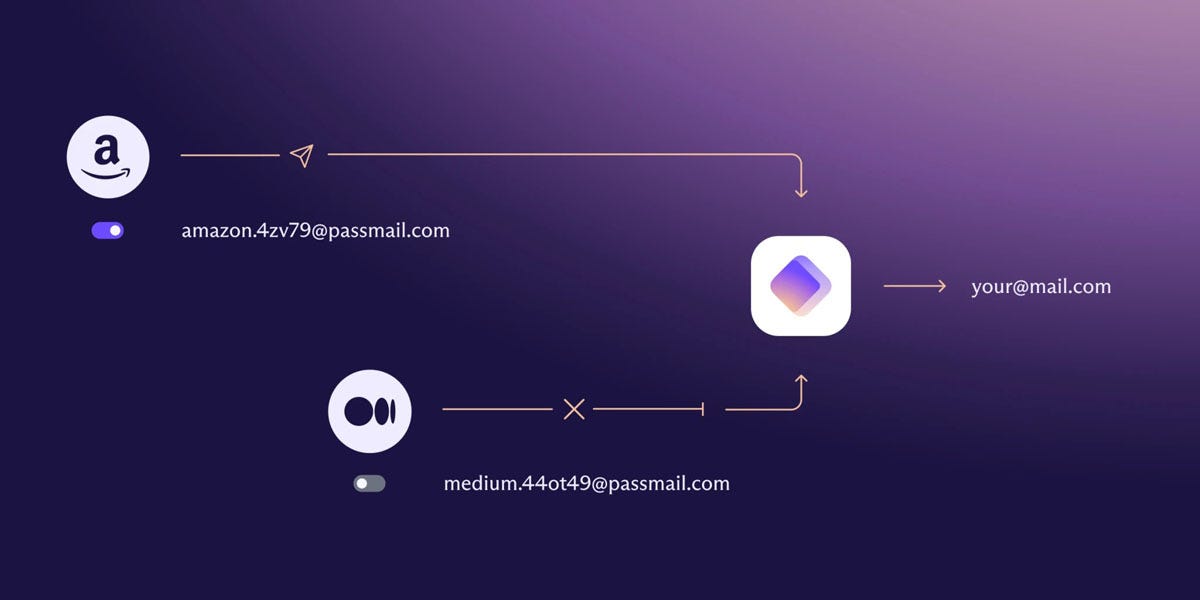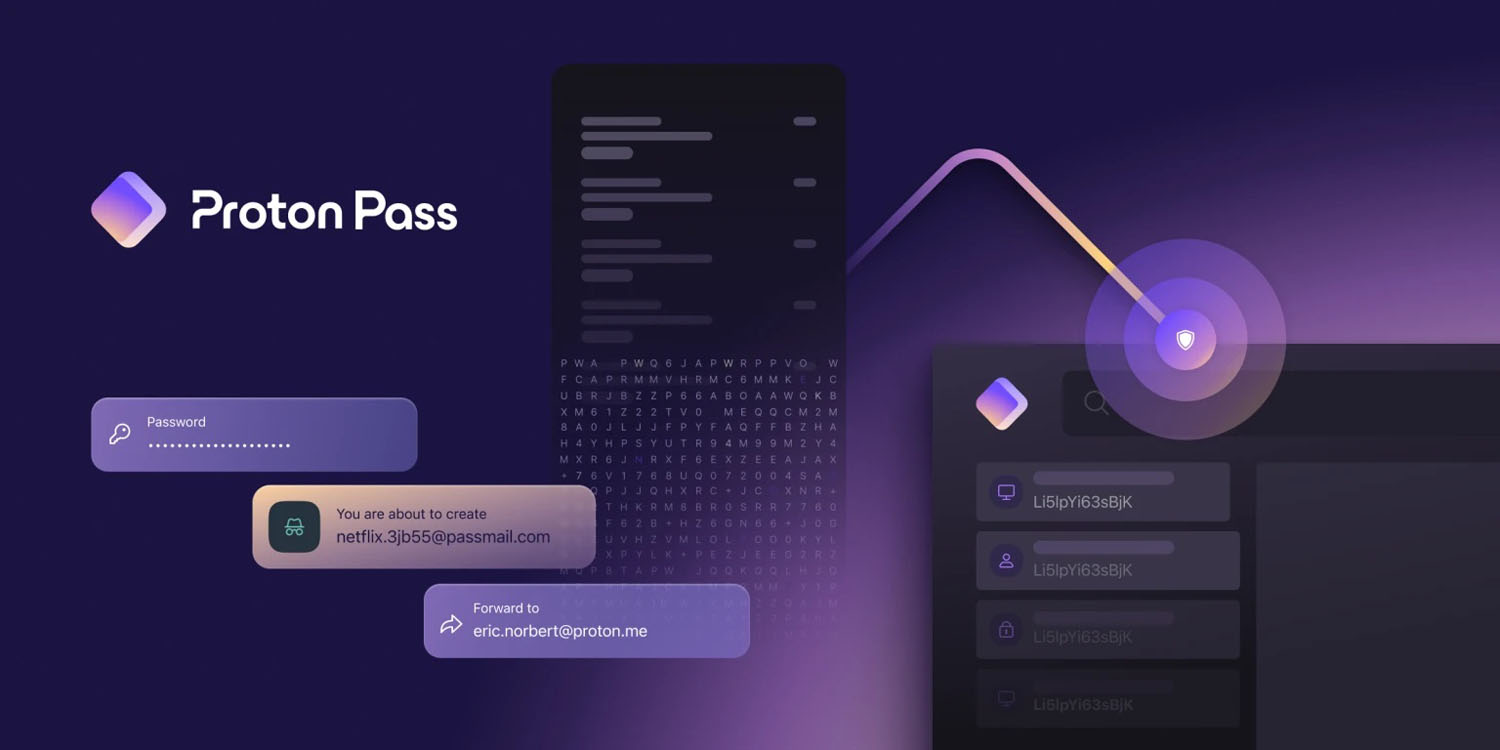The company behind the secure messaging service Proton Mail has officially launched its own password manager. It promises to protect not only your passwords, but also your email address. Unveiled Wednesday after a beta version launched in April, it is accessible as an extension for the main browsers and as an application for iOS/iPadOS and Android.
It works like any other password manager. It can generate and save unique and complex passwords (or passphrases/passkey) for each website account login. Storing the password along with your username, site URL, and other information, the program applies your credentials to each website, automatically logging you in.
Proton also boasts that its password manager provides end-to-end encryption across all sites. Some password managers only encrypt the password for each registered account and not necessarily the username, URL, or other information. This pitfall means that a hacker or attacker who accesses your account data can easily see the sites you visit and the usernames you create.
Proton Pass promises to encrypt all fields of every registered login
To better protect your accounts from compromise, Proton Pass promises to encrypt all fields of every saved login, not just the password, but also your username, website URL, and any other data. To protect all your login data, Proton says its open-source password manager uses a powerful bcrypt password hashing technique and a strong Secure Remote Password (SRP) implementation to authenticate access.
Additionally, it syncs your account data across all your devices and runs automatic end-to-end encrypted backups of your data. So if you lose or upgrade a device, you can still access your saved credentials from online backups to use on another device. Plus, Proton adds two-factor authentication, so accessing your account on a new device or in a new location requires a second form of verification.
Proton Pass also aims to protect your email address by allowing you to create an alias. If someone tries to use one of your passwords for impersonation or another type of attack, you can always change it. But if that person tries to use your email address for impersonation, you can’t easily change it. Your email address may also be used to send you spam and phishing messages.
Email Protection
To help better protect your identity, Proton Pass’ “hide-my-email alias” feature creates a random address that links your real address to the website. The site only sees your alias address, so your real address remains private. If a particular site is hacked, only your alias address is exposed, which you can easily change.

Proton
To entice people to sign up, Proton offers a free basic version. This free version offers unlimited logins, unlimited encrypted notes, and limited aliases to hide email and two-factor authentication logins.
To enjoy unlimited email aliases and two-factor authentication, you will need a paid account called Proton Pass Plus. People who subscribed to the Proton Unlimited, Business, Visionary or Family plans automatically get the paid edition of Proton Pass for free. For others, Proton currently offers the Plus version for 1 euro per month. But this offer only lasts until the end of July, after which the price will increase to 4.99 euros per month.
Proton Pass is compatible with Chrome, Firefox, Edge, Brave and other browsers, as well as iPhones, iPads and Android devices. To learn more about Proton Pass or try it out, visit the program website.
Source: “ZDNet.com”
